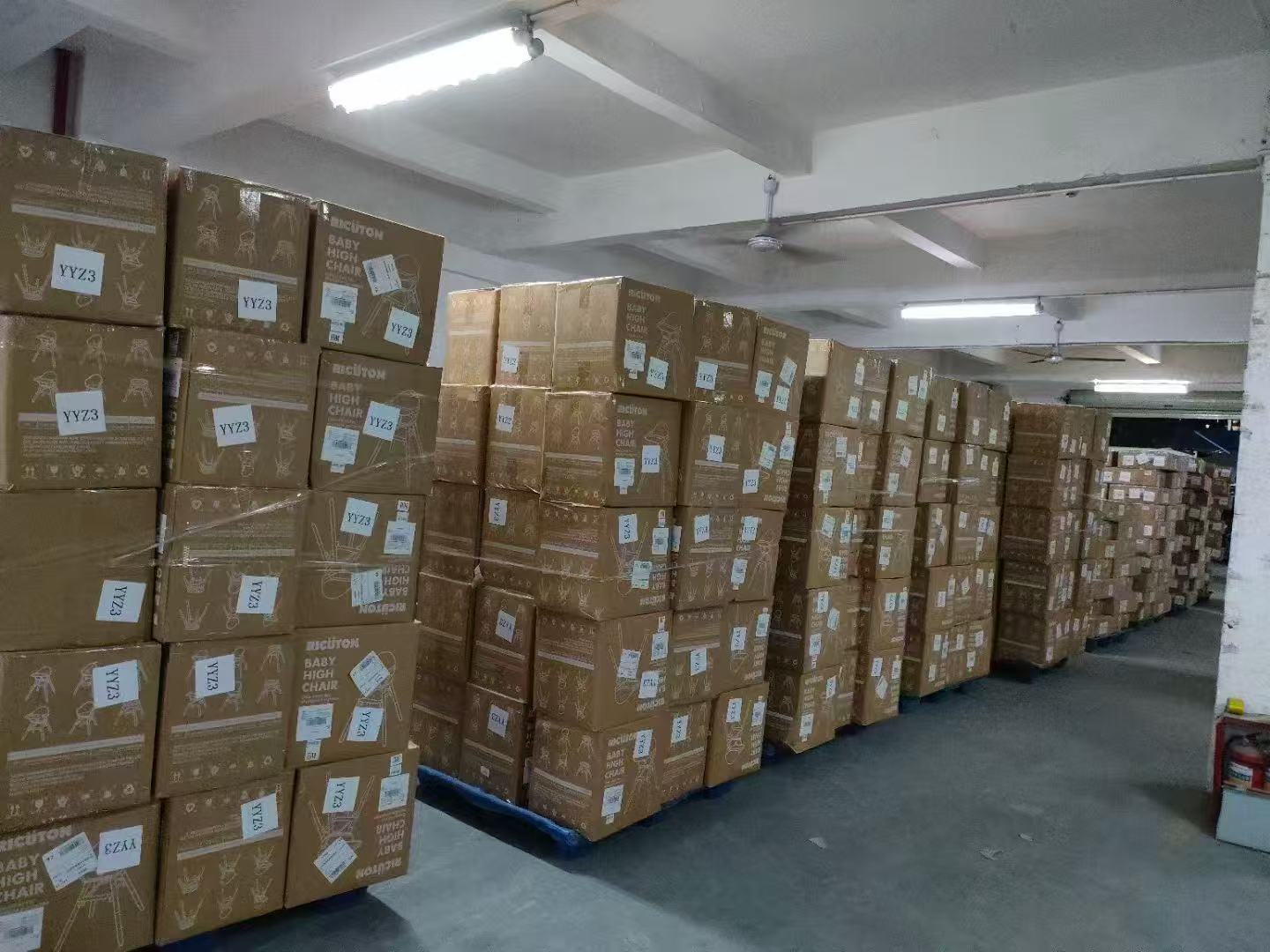On the complex chessboard of international trade, logistics and customs clearance are often the most troublesome links for buyers. In the face of different tariff policies, complicated import procedures and hidden cost traps, how can buyers ensure that goods arrive safely, on time and predictably? The DDP (after-tax delivery) model is becoming the preferred solution for more and more international buyers with an unstoppable trend – it is not only a change in transaction terms, but also a strategic upgrade of international supply chain risk management and efficiency optimisation.
The core charm of DDP: the complete transfer of risk and complexity
In DDP mode, the seller bears all responsibilities and risks until the goods are intact and delivered to the destination warehouse designated by the buyer. This completely subverts the situation that buyers need to handle cross-border transportation, import customs clearance and tax payment by themselves under the traditional model (such as EXW or FOB). The essence of DDP is to steadily transfer the “last kilometre” problems of cross-border logistics (especially customs clearance and taxes) from buyers’ shoulders to experienced sellers and their logistics partners.
Embrace DDP, and customers win key strategic advantages:
- Ultimate risk barrier and certainty guarantee:
- **Zero burden on customs clearance: ** All professional work such as document preparation, customs declaration, tax calculation and payment, and inspection response shall be completed by the seller and his agent. Buyers do not need to worry about the risk of customs clearance delays, fines and even the detention of goods due to unfamiliarity with the laws and regulations of the destination country.
- **The cost is completely transparent and controllable: ** The DDP quotation includes freight, insurance premiums, all customs duties, value-added tax (VAT/GST) and other import miscellaneous fees. At the time of signing the contract, the buyer immediately locks in the final landing cost, completely say goodbye to the scare of “high tax bill after the arrival of the goods”, and realise accurate budget control.
- ** Clear responsibility throughout the whole process: ** If there is any problem (such as delay, damage) during transportation or customs clearance, the responsible party clearly points to the seller or its logistics service provider, which greatly simplifies the buyer’s claim process.
- Operation simplification and efficiency leap:
- **Free up internal resources: ** Buyers do not need to form or rely on professional international logistics and customs clearance teams, and can concentrate valuable manpower and time resources on core business, such as sales, marketing and product development.
- ** Seamless process: ** The whole process of “door-to-door” goods is coordinated and managed by the seller. Buyers only need to provide accurate import information and final delivery address, and wait for the goods to be delivered at the agreed time, which greatly simplifies the internal operation process.
- ** Accelerate the time limit for arrival: ** Professional sellers and their logistics partners usually have more efficient customs clearance channels and localisation experience, which can effectively reduce the customs clearance delay time, which is often faster than buyers’ self-processing.
- Cash flow optimisation and competitive advantage:
- **Avoid prepayment of tariffs to occupy funds: ** In non-DDP mode, buyers are often required to pay large customs duties and value-added tax in advance before the goods arrive in Hong Kong, resulting in short-term financial pressure. In DDP mode, this part of the cost has been integrated into the product price, and buyers can flexibly arrange it according to their own financial cycle.
- **Improve end customer experience (B2B2C/B2C): ** For distributors or e-commerce sellers, choosing DDP purchases means that their customers (retailers or consumers) do not need to handle customs clearance and pay additional taxes, ensuring ** smooth delivery experience**, reducing the abandonment rate, and improving customers Household satisfaction and brand reputation.
- **Supply chain resilience enhancement: ** Complex international logistics and compliance risks are handed over to professional management, and the stability and predictability of buyers’ own supply chain are significantly improved.
DDP’s natural adaptation scene:
- **High-value or tariff-sensitive goods: ** Cost certainty is crucial.
- **Buyers who are not familiar with the import regulations of the destination country: ** Avoid compliance risks.
- ** Enterprises that pursue simplified operations and focus on core business: ** Improve the overall operational efficiency.
- **B2C cross-border e-commerce/small B buyers: ** Need a worry-free “door-to-door” experience.
- **There are strict requirements for the arrival time: ** Professional customs clearance guarantees the statute of limitations.
Embrace DDP: a wise choice
DDP is far from a simple trade term. It represents the ** advanced form** of the development of international logistics services – focussing on customer experience and committed to eliminating uncertainty, complexity and hidden risks in cross-border transactions. For customers seeking a stable, efficient, transparent and worry-free international procurement experience, embracing DDP means:
- **Turn uncontrollable risks into controllable costs. **
- **Turn the tedious operation into the calmness of waiting for the goods. **
- **Translate potential supply chain interruptions into reliable delivery commitments. **
Today, with the increasing complexity of the global supply chain and the continuous improvement of customer experience requirements, choosing the DDP delivery model is the inevitable choice for buyers to build a ** stable, efficient and competitive ** international supply chain system. It is not only an upgrade of delivery methods, but also a strategic investment for enterprises to optimise global resource allocation and win market competition. When goods cross borders become as simple and controllable as domestic delivery, the globalisation of enterprises can naturally go more steadily and further.
- Choosing DDP means choosing to leave the storms of cross-border logistics to be controlled by professional helmsmen, and you only need to welcome the arrival of cargo ships as scheduled in a quiet harbour. *




